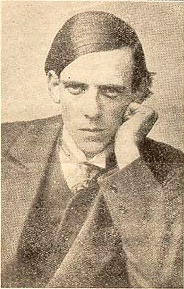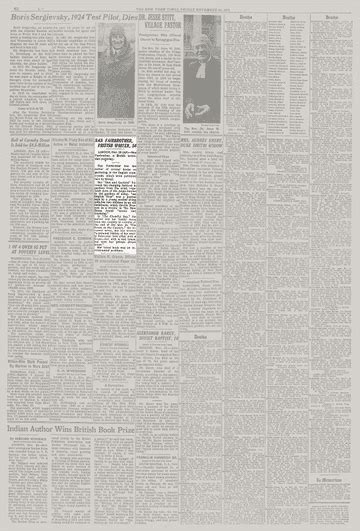A Quote by Gottfried Leibniz
If we could sufficiently understand the order of the universe, we should find that it exceeds all the desires of the wisest men, and that it is impossible to make it better than it is, not only as a whole and in general but also for ourselves in particular, if we are attached, as we ought to be, to the Author of all, not only as to the architect and efficient cause of our being, but as to our master and to the final cause, which ought to be the whole aim of our will, and which can alone make our happiness.
Related Quotes
We must recognise that we have a great inheritance in our possession, which represents the prolonged achievement of the centuries; that there is not one of our simple uncounted rights today for which better men than we are have not died on the scaffold or the battlefield. We have not only a great treasure; we have a great cause. Are we taking every measure within our power to defend that cause?
Give us our parliament in Scotland. We will start with no traditions. We will start with ideals. We will start with purpose, with courage. We will start with the aim and object that there will be 134 men and women, pledged to 134 Scottish constituencies, to spend their whole brain power, their whole courage and their whole soul in making Scotland into a country in which we can take people from all the nations of the earth and say: this is our land, this is our Scotland, these are our people, these are our men, our works, our women and children: can you beat it?
Parents ought, through their own behavior and the values by which they live, to provide direction for their children. But they need to rid themselves of the idea that there are surefire methods which, when well applied, will produce certain predictable results. Whatever we do with and for our children ought to flow from our understanding of and our feelings for the particular situation and the relation we wish to exist between us and our child.
Perhaps the whole root of our trouble, the human trouble, is that we will sacrifice all the beauty of our lives, will imprison ourselves in totems, taboos, crosses, blood sacrifices, steeples, mosques, races, armies, flags, nations, in order to deny the fact of death, the only fact we have. It seems to me that one ought to rejoice in the fact of death - ought to decide, indeed, to earn one's death by confronting with passion the conundrum of life.
One thing you can be assured of is that God has already worked out all the details of what your obedience will accomplish - and its all good. we need not fear what our obedience will cause to happen in our life. we should only fear what our disobedience will cause us to miss. the sooner this truth resonates in your heart, the quicker you can make peace with a command from God that you dont fully understand.
As parents, we can have no joy, knowing that this government is not sufficiently lasting to ensure any thing which we may bequeath to posterity: And by a plain method of argument, as we are running the next generation into debt, we ought to do the work of it, otherwise we use them meanly and pitifully. In order to discover the line of our duty rightly, we should take our children in our hand, and fix our station a few years farther into life; that eminence will present a prospect, which a few present fears and prejudices conceal from our sight.
It is learning how to stand alone, unpopular and sometimes reviled, and how to make common cause with those other identified as outside the structures, in order to define and seek a world in which we can all flourish. It is learning how to take our differences and make the strengths. For the master's tools will never dismantle the master's house.
This must be our belief when we have a correct knowledge of our own self, and comprehend the true nature of everything; we must be content, and not trouble our mind with seeking a certain final cause for things that have none, or have no other final cause but their own existence, which depends on the Will of God, or, if you prefer, on the Divine Wisdom.
I don't know if anyone has noticed but I only ever write about one thing: being alone. The fear of being alone, the desire to not be alone, the attempts we make to find our person, to keep our person, to convince our person to not leave us alone, the joy of being with our person and thus no longer alone, the devastation of being left alone. The need to hear the words: You are not alone.
What we call music in our everyday language is only a miniature, which our intelligence has grasped from that music or harmony of the whole universe which is working behind everything, and which is the source and origin of nature. It is because of this that the wise of all ages have considered music to be a sacred art. For in music the seer can see the picture of the whole universe; and the wise can interpret the secret and nature of the working of the whole universe in the realm of music.








































